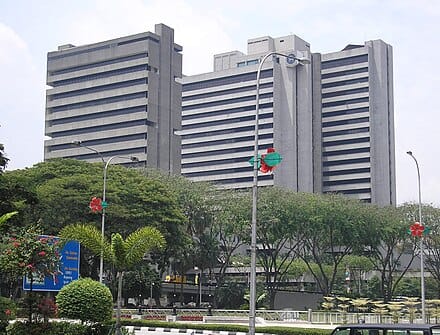Gig Economy Regulation: Singapore's Protectionism vs Malaysia's Worker Rights in New Laws
Singapore bans foreign freelancers in creative sectors while Malaysia's Gig Workers Act 2025 establishes groundbreaking rights. Explore how these divergent approaches impact local talent and platform workers across Southeast Asia.

The explosive growth of the gig economy has posed a major challenge for regulators worldwide: how to introduce structure to a sector built on flexibility. In Southeast Asia, neighbouring Singapore and Malaysia have recently introduced contrasting regulatory frameworks. Their strategies highlight a clear difference in philosophy—one emphasizing the protection of local employment, the other redefining the rights and status of gig workers more broadly.
Singapore’s Border Measures: Supporting the Local Creative Workforce
In September 2025, Singapore’s Ministry of Manpower (MOM) and the Visual, Audio, Creative Content Professionals Association (Vicpa) released a joint advisory addressing freelance work in the creative sector. The advisory reminded companies that it is not permitted to engage foreign freelancers on tourist or student visas for services such as photography, videography, or makeup for clients in Singapore.
The measure responds to longstanding concerns among local professionals about unequal competition. Singapore-based creatives are typically subject to operating costs, insurance, taxes, and MediSave contributions, while individuals without valid work passes are not. Enforcement falls under the Employment of Foreign Manpower Act (EFMA), which carries penalties including fines and possible imprisonment. Rather than introducing new legislation, this initiative focuses on stricter compliance with existing immigration and labour rules, intended to ensure fair competition and safeguard local talent.
Malaysia’s Gig Workers Act: Redefining Labour Protection
Malaysia’s Gig Workers Act 2025, passed in August, takes a broader approach. Instead of focusing on foreign participation, it seeks to formalize and protect an estimated 1.2 million gig workers nationwide.
The Act introduces a bill of rights for gig workers, covering both platform-based workers and independent freelancers in fields ranging from performing arts to caregiving. Among its key provisions are the recognition of verbal contracts as binding, the right to payslips, mandatory payment timelines, and protection against unfair termination. It also requires platforms to contribute to the Social Security Organisation (PERKESO) and establishes a Gig Workers Tribunal to handle disputes efficiently and affordably.
Different Approaches, Common Goals
The two countries’ policies reflect differing national priorities. Singapore’s framework focuses on maintaining fair labour standards and supporting its domestic creative industry through targeted enforcement. Malaysia’s legislation, by contrast, aims to extend social protection and recognition to a broader class of workers who operate outside traditional employment structures.
Both models face challenges—Singapore’s could limit cross-border collaboration, while Malaysia’s comprehensive reforms will require strong implementation and oversight. Yet together, they represent two of the most ambitious regulatory experiments in Asia. Singapore is reinforcing its gig economy’s boundaries; Malaysia is laying the groundwork for a more inclusive labour framework. Their outcomes may shape how other governments approach the evolving question of what work means in the 21st century.


